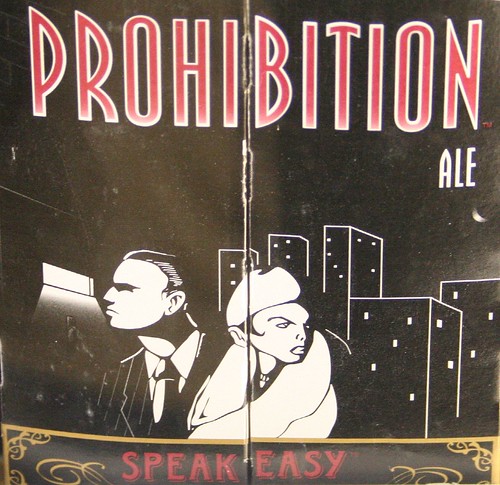 (Full Report) December, 2008 Jeffrey A. Miron Department of Economics Harvard University
(Full Report) December, 2008 Jeffrey A. Miron Department of Economics Harvard UniversityExecutive Summary
• Government prohibition of drugs is the subject of ongoing debate.
• One issue in this debate is the effect of prohibition on government budgets. Prohibition entails direct enforcement costs and prevents taxation of drug production and sale.
• This report examines the budgetary implications of legalizing drugs.
• The report estimates that legalizing drugs would save roughly $44.1 billion per year in government expenditure on enforcement of prohibition. $30.3 billion of this savings would accrue to state and local governments, while $13.8 billion would accrue to the federal government. Approximately $12.9 billion of the savings would results from legalization of marijuana, $19.3 billion from legalization of cocaine and heroin, and $11.6 from legalization of other drugs.
• The report also estimates that drug legalization would yield tax revenue of $32.7 billion annually, assuming legal drugs are taxed at rates comparable to those on alcohol and tobacco. Approximately $6.7 of this revenue would result from legalization of marijuana, $22.5 billion from legalization of cocaine and heroin, and $3.5 from legalization of other drugs.
• Whether drug legalization is a desirable policy depends on many factors other than the budgetary impacts discussed here. Rational debate about drug policy should nevertheless consider these budgetary effects.
• The estimates provided here are not definitive estimates of the budgetary implications of a legalized regime for currently illegal drugs. The analysis employs assumptions that plausibly err on the conservative side, but substantial uncertainty remains about the magnitude of the budgetary impacts.


0 comments:
Post a Comment